
Universal Pumping | High Pressure Pumps
High Pressure Pumps for Difficult to Pump Slurry, Sludge, and Food Waste.
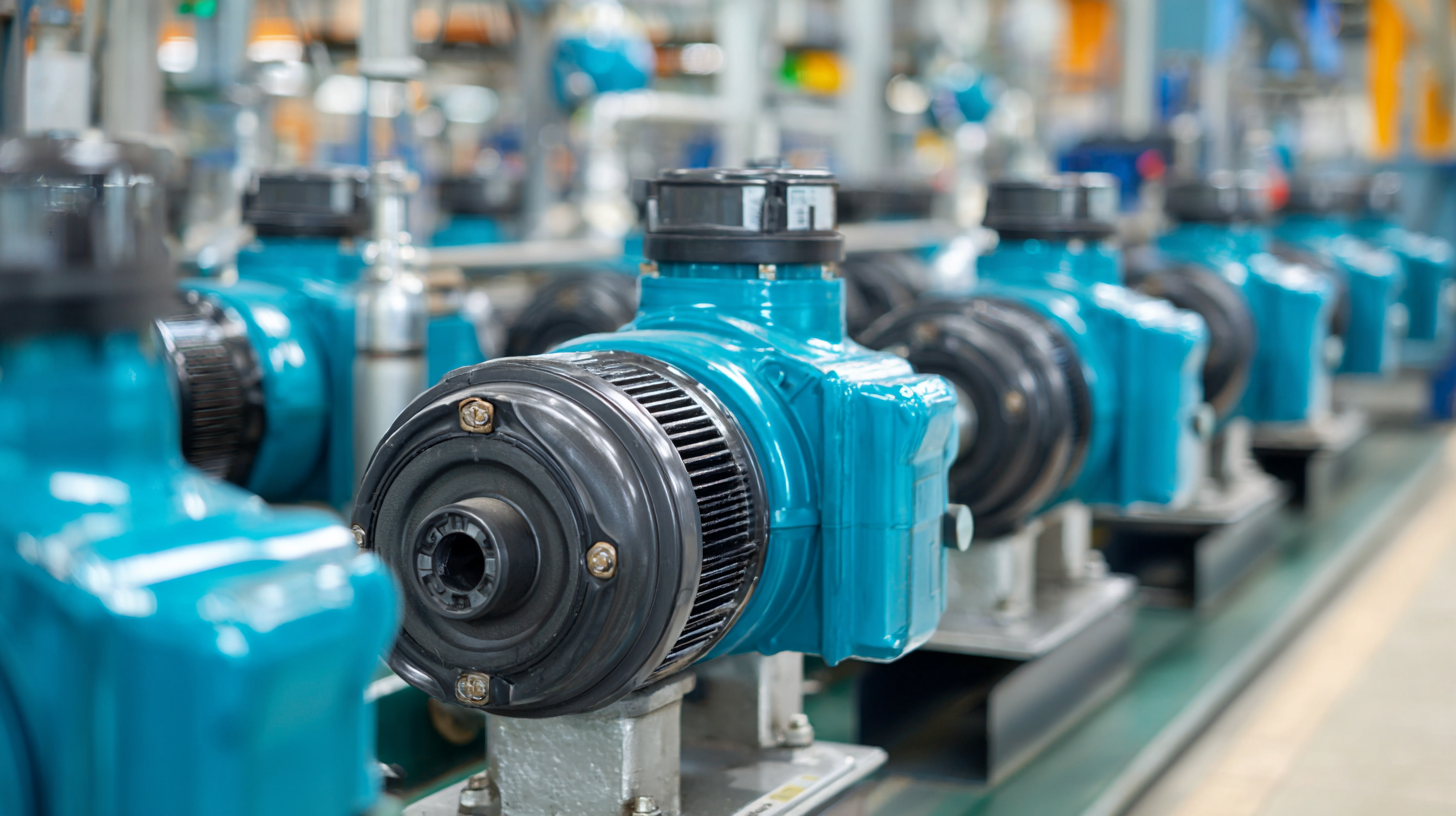 Chemical pumps are critical components in various industrial applications, facilitating the safe and efficient transport of liquids, from corrosive chemicals to viscous fluids.
According to a recent report by MarketsandMarkets, the global chemical pump market is projected to reach USD 11.57 billion by 2026, growing at a CAGR of 4.1% from 2021 to 2026. This growth is driven by the increasing demand for chemical processing in industries such as oil and gas, water treatment, and pharmaceuticals.
Chemical pumps are critical components in various industrial applications, facilitating the safe and efficient transport of liquids, from corrosive chemicals to viscous fluids.
According to a recent report by MarketsandMarkets, the global chemical pump market is projected to reach USD 11.57 billion by 2026, growing at a CAGR of 4.1% from 2021 to 2026. This growth is driven by the increasing demand for chemical processing in industries such as oil and gas, water treatment, and pharmaceuticals.
Understanding the key benefits and diverse applications of these pumps not only enhances operational efficiency but also ensures compliance with safety regulations. With advancements in technology and materials, the design and functionality of chemical pumps continue to evolve, providing solutions that optimize production and reduce costs.
As industries increasingly recognize the importance of reliable pumping systems, exploring their capabilities is essential for achieving long-term success and sustainability.
Chemical pumps play a crucial role in various industries by ensuring the efficient and safe transportation of corrosive and hazardous liquids. One of the key benefits of these pumps is their ability to handle a wide range of chemical compositions without risking contamination or degradation. According to a report by the Chemical Pump Manufacturers Association (CPMA), the chemical pump market is expected to grow at a CAGR of 5.6% from 2021 to 2026, driven by increased demand for advanced materials and process safety in sectors such as pharmaceuticals, petrochemicals, and water treatment.
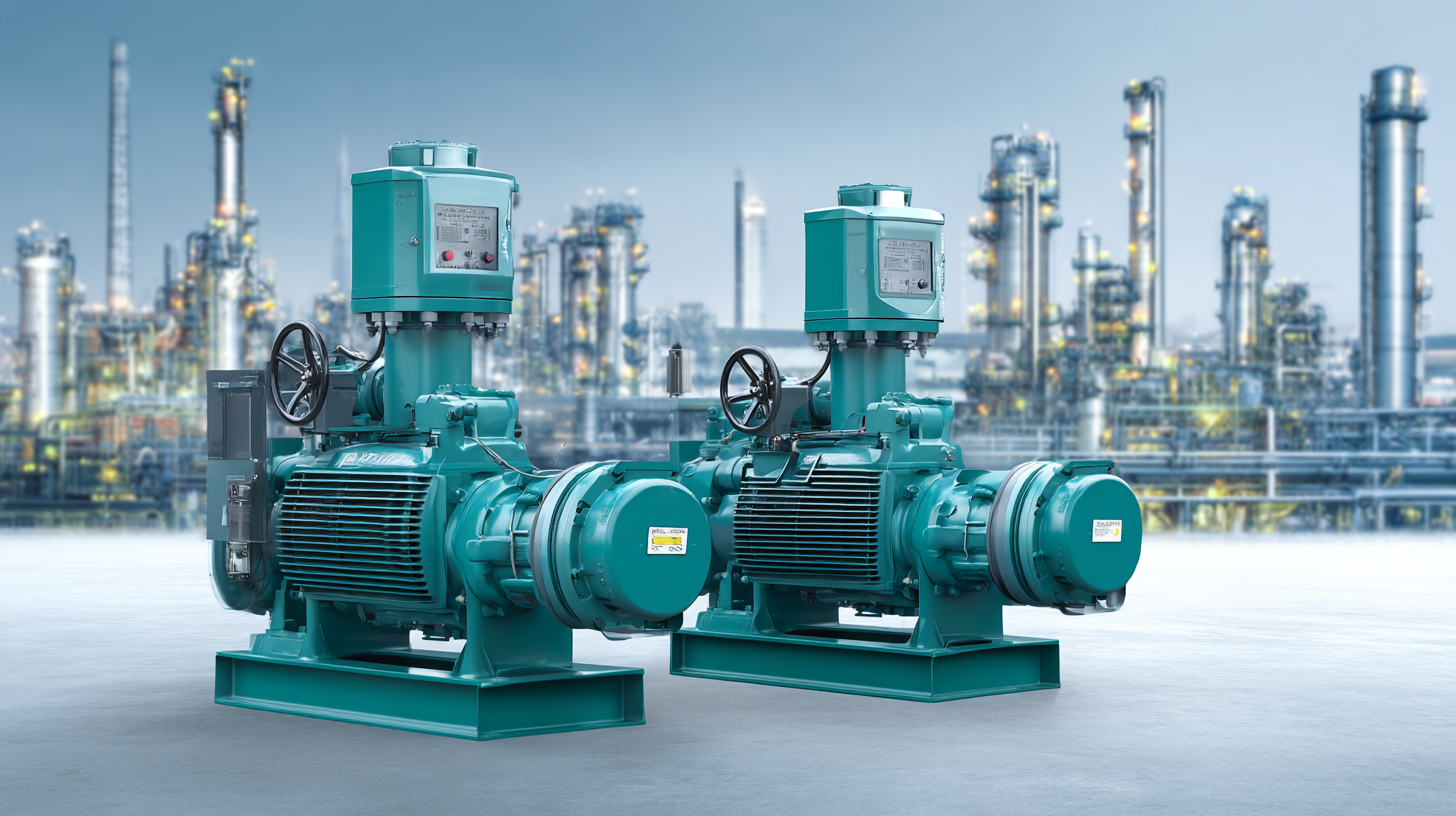
Furthermore, chemical pumps are designed to operate under varying conditions, providing reliable performance even in extreme environments. Their durability and resistance to corrosion significantly enhance their lifespan, offering a strong return on investment. A recent market analysis highlighted that approximately 30% of industry leaders are shifting towards the use of diaphragm and magnetic drive pumps, which reduce leakage risks and enhance operational safety. This shift underscores the modern industry's commitment to sustainability and safety standards in chemical handling.
Chemical pumps play a vital role in various industrial sectors by efficiently moving aggressive and hazardous fluids. The global chemical pump market is projected to reach USD 3.6 billion by 2026, with a compound annual growth rate (CAGR) of 4.3% from 2021 to 2026, according to a market research report by MarketsandMarkets. This growth is primarily driven by the increasing demand for chemical processing in industries such as oil and gas, pharmaceuticals, and food and beverage, where precision and reliability in fluid transfer are critical.
In the oil and gas sector, chemical pumps are essential for handling corrosive fluids like acids and solvents. A report by Research and Markets states that the oil and gas industry contributes significantly to the chemical pump market, accounting for over 30% of total revenue. Similarly, in the pharmaceutical industry, these pumps ensure the safe transport of viscous and volatile substances, contributing to a more streamlined production process. The food and beverage sector is also increasingly utilizing chemical pumps to handle products while maintaining hygiene standards, with the need for reliable and sanitary transport solutions now more critical than ever.
| Sector | Application | Key Benefits | Common Chemicals Handled |
|---|---|---|---|
| Chemical Manufacturing | Pumping corrosive chemicals | High durability, resistance to chemicals | Acids, bases, solvents |
| Water Treatment | Chemical dosing | Precision flow control, reliability | Chlorine, coagulants |
| Food Processing | Transfer of food-grade fluids | Sanitary design, FDA compliance | Alcohols, emulsifiers |
| Pharmaceuticals | Active ingredient handling | High precision, contamination prevention | APIs, solvents |
| Oil & Gas | Crude oil and petrochemical transport | High pressure capability, reliability | Crude oil, lubricants |
Chemical pumps play a vital role in various industrial applications, and understanding the differences between their types can significantly enhance operational efficiency. The two primary categories are centrifugal pumps and positive displacement pumps. Centrifugal pumps are widely used for transferring liquids at a consistent flow rate. They are well-suited for situations involving large volumes of low-viscosity fluids. Their simple design and relatively low maintenance make them a popular choice in industries such as chemical processing, water treatment, and oil refining.
On the other hand, positive displacement pumps, which include gear, diaphragm, and peristaltic pumps, are ideal for handling viscous fluids and slurries. These pumps function by trapping a fixed amount of liquid and forcing it through the discharge. Their ability to maintain a steady flow, regardless of pressure changes, makes them invaluable in processes that require precise dosing or in applications involving high-viscosity materials. Each type of chemical pump has specific advantages depending on the application requirements, such as fluid characteristics, flow rates, and operational costs, guiding industries in selecting the most suitable option for their needs.
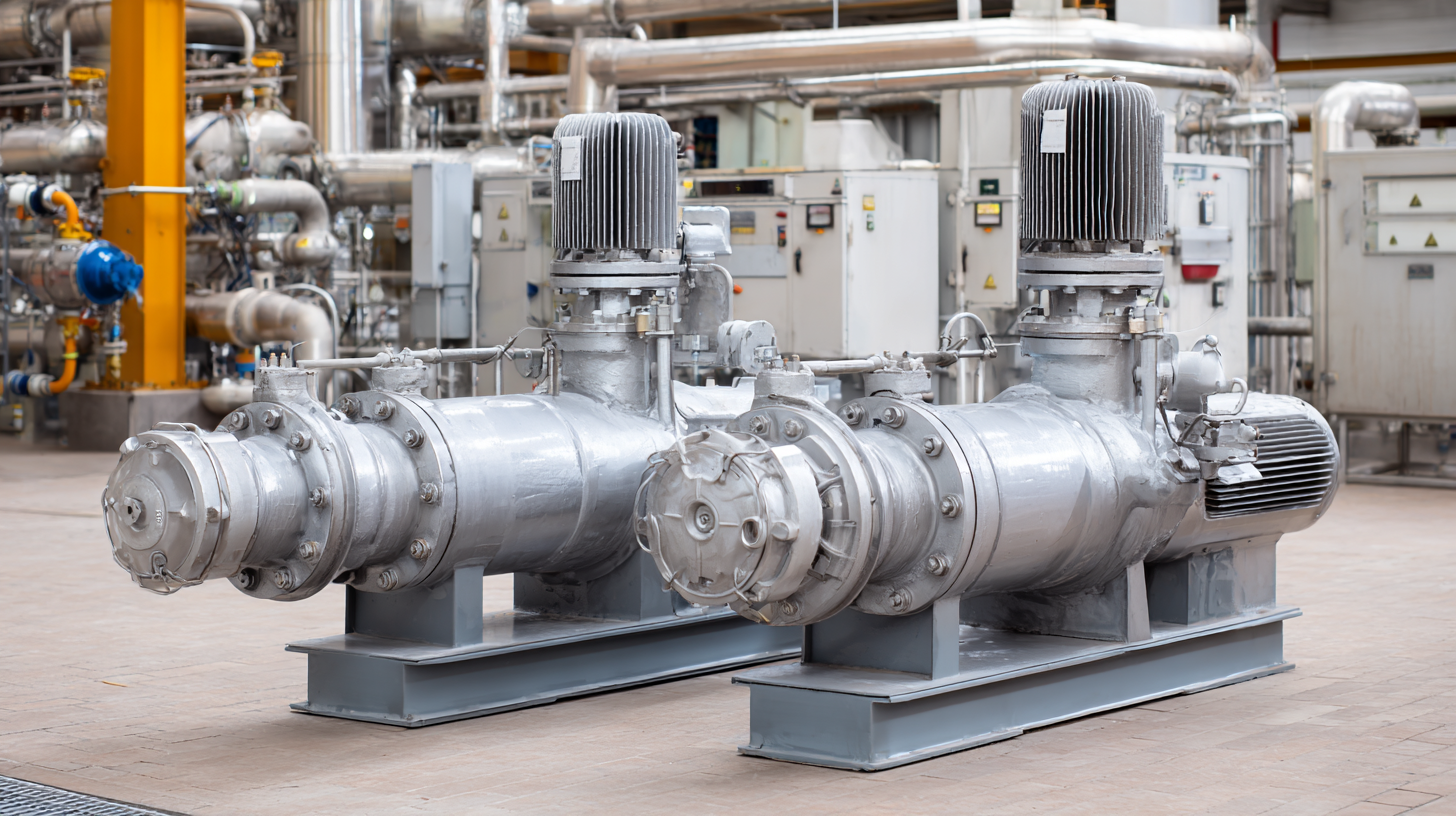
Chemical pumps play a vital role in various industrial applications, and understanding proper maintenance practices is essential for prolonging their lifespan. Regular maintenance not only ensures optimal performance but also significantly reduces costs associated with pump failures. According to industry reports, routine checks, including seal inspections, lubrication, and parts replacement, can extend the operational life of chemical pumps by up to 30%. Monitoring the pump's operating parameters, such as pressure and temperature, is crucial for identifying wear and potential issues before they lead to costly breakdowns.
Advanced technologies are also making it easier to maintain chemical pumps. The integration of Internet of Things (IoT) solutions in pump systems allows for real-time monitoring and predictive maintenance, which is transforming how industries manage their pump operations. For instance, data analytics can forecast when a pump may require servicing, preventing unplanned downtime and enhancing overall efficiency. The investment in these technologies, combined with proper maintenance protocols, can significantly increase the reliability and longevity of chemical pumps, ensuring that they continue to perform effectively in demanding environments.
Innovations in chemical pump technology have significantly enhanced efficiency across various industries by improving performance, reliability, and safety. Recent studies indicate that the implementation of smart pumps equipped with IoT technology can reduce energy consumption by up to 30%, leading to substantial cost savings. Furthermore, advancements in materials, such as the use of thermoplastic composites, have extended the lifespan of pumps, decreasing maintenance frequency and downtime. This ensures a seamless flow of critical chemicals, which is vital in sectors such as pharmaceuticals and petrochemicals.
Tips: When selecting a chemical pump, consider factors such as flow rate, temperature resistance, and compatibility with the fluids being handled. Additionally, integrating variable frequency drives (VFDs) can optimize pump performance, allowing for better control over the process and reducing wear on the system.
Moreover, the focus on sustainability has prompted the development of more efficient pumping systems that minimize environmental impact. According to the Global Chemical Pump Market Report, the demand for magnetically driven pumps, which eliminate leaks and reduce emissions, is projected to grow at a rate of 7% annually. Embracing these innovations not only enhances operational efficiency but also aligns with global sustainability goals.


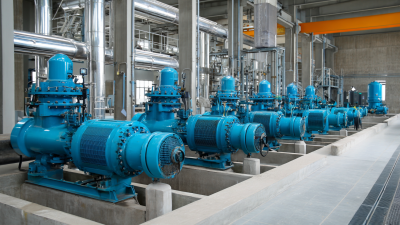


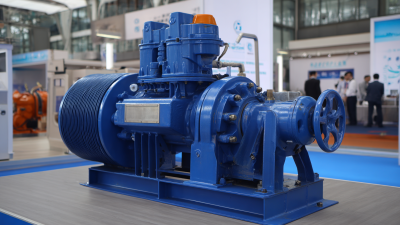
Universal Pumping
625 Apache Trail
Woodstock, GA 30189
Mon - Fri | 9:00 AM - 5:00 PM
Universal Pumping is staffed with industry professionals with 20-45 years experience with high pressure pumping systems. We represent only the “elite producers” in pump manufacturing: Britain’s EMS and Germany’s EMMERICH. Our engineering and manufacturing approach is conservative, and we do not use “guess work” in the design or sales of our pumping and filtration equipment.



